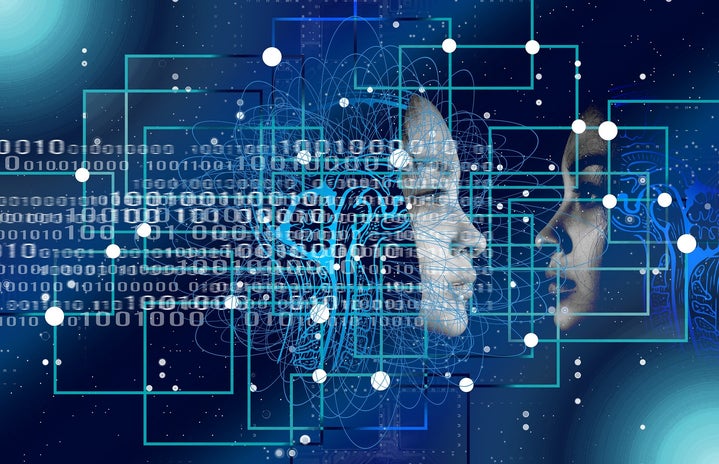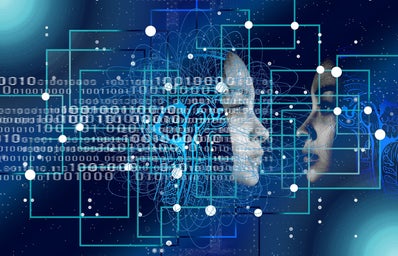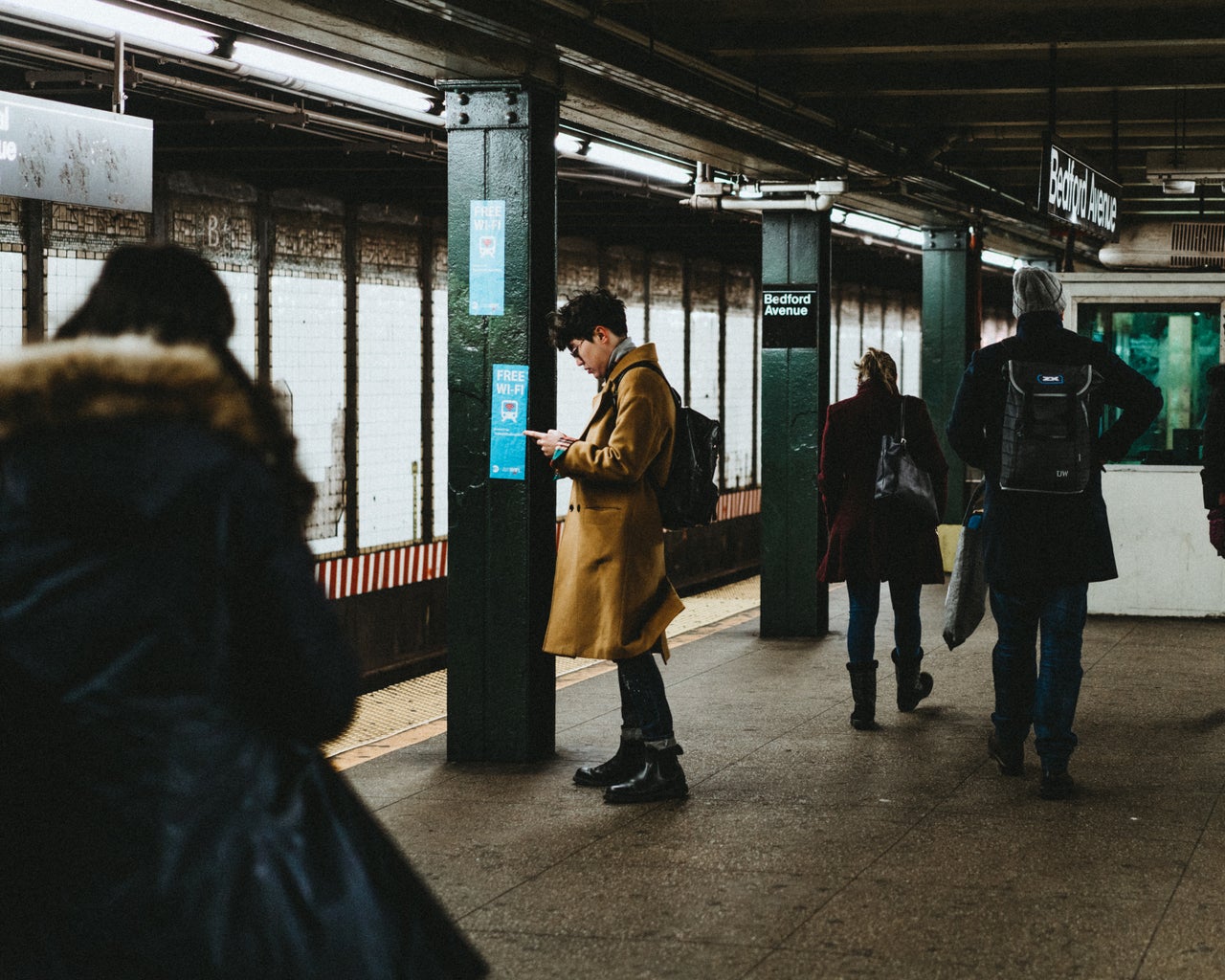Artificial Intelligence (AI) has undeniably revolutionized various aspects of our lives, offering potential solutions to long-standing problems. From reducing human errors to providing 24/7 services, the positive impacts of AI are evident. However, as we delve deeper into the realm of AI, it becomes increasingly apparent that the negatives outweigh the positives, with detrimental consequences across several domains.
On the bright side, AI has proven effective in minimizing human errors. Algorithms are designed to process vast amounts of information quickly and accurately, leading to improved decision-making in various fields. Additionally, the automation of repetitive tasks has contributed to enhanced efficiency and productivity, freeing up human resources for more creative and complex endeavors.
Another touted benefit of AI is its ability to reduce risks in numerous sectors. From predicting natural disasters to identifying potential health issues, AI applications offer an early warning system that can save lives and mitigate damage. The promise of 24/7 service is another positive aspect, ensuring that businesses and essential services can operate around the clock, meeting the demands of our modern, interconnected world.
However, the allure of these advantages blinds us to the dark side of AI, which manifests in various forms, such as algorithmic bias and discrimination. The algorithms that power AI systems are only as unbiased as the data they are trained on. Unfortunately, historical biases ingrained in datasets can perpetuate discriminatory practices in areas like employment, insurance, policing, and housing. This bias exacerbates existing societal inequalities, hindering progress rather than promoting fairness.
Racist policing is a glaring example of the negative impact of AI. When AI systems are trained on biased data, they can perpetuate and even aggravate racial profiling. Communities of color often bear the brunt of these biases, leading to unjust arrests and surveillance. The very systems designed to ensure public safety end up reinforcing harmful stereotypes and deepening the divide between communities and law enforcement.
The threat of deepfakes is another major concern. As AI technology advances, so does the ability to create realistic fake videos and audio recordings. This poses a serious risk to individuals and public figures, as malicious actors can use these tools to spread misinformation, damage reputations, and manipulate public opinion. The erosion of trust in media and information sources is a direct consequence of AI’s dark side.
Furthermore, the automation brought about by AI has led to significant job losses. While AI can increase efficiency, it also replaces human workers in various industries. This shift has economic and social implications, contributing to unemployment and exacerbating income inequality. The benefits of AI come at the cost of human livelihoods, challenging our society to find new ways to adapt and support those affected by this technological disruption.
Security concerns loom large in the AI landscape. Unauthorized entry, false predictions, data corruption, and transfer learning vulnerabilities pose serious threats to individuals, businesses, and governments alike. As AI becomes more integrated into critical systems, the potential for large-scale disruptions and cyber-attacks increases, raising questions about the safety and reliability of these technologies.
In conclusion, while AI offers promising solutions to some of humanity’s challenges, the negative consequences cannot be ignored. Algorithmic bias, discriminatory practices, the rise of deepfakes, job displacement, and security risks underscore the need for careful consideration and regulation in the development and deployment of AI technologies.







